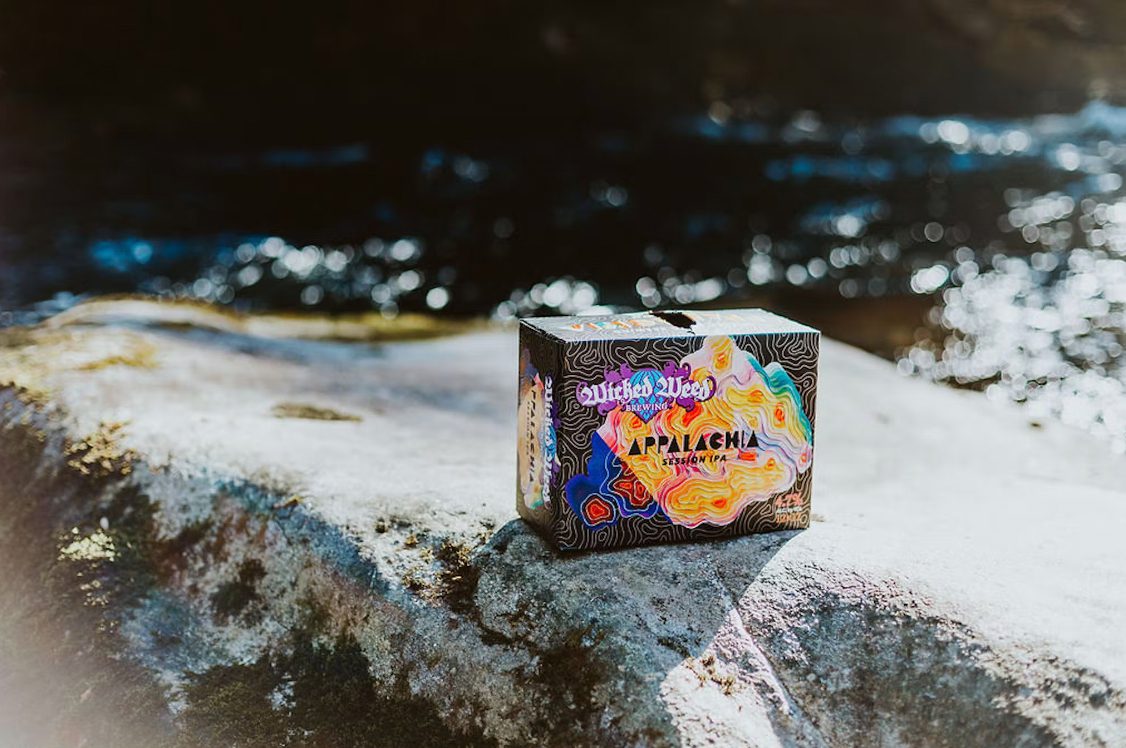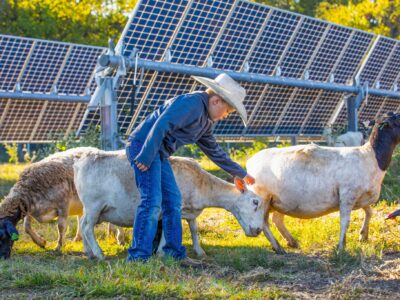North Carolina is transforming into the Disney World of breweries. You won’t be hard-pressed to find IPAs made with carbon-neutral business practices between Sierra Nevada, Highland Brewing, and New Belgium. Wicked Weed Brewing is no different. A subsidiary of Anheuser-Busch, it has been committed to brewing sustainably for some time.
As part of the growing Asheville, NC, brewpub network and since its founding in 2012, Wicked Weed operates with several eco-friendly practices. Scrolling through the 2021 sustainability report boasts a plethora of impressive feats. The brewery posted a 75% waste diversion rate, and water use was reduced by 4.77 barrels of packaged beer, enough to fill over 15 million pint glasses. Electricity use dropped to 28.9 kilowatts per barrel of beer. Fossil fuel use dropped to 2.23 therms per barrel of beer.
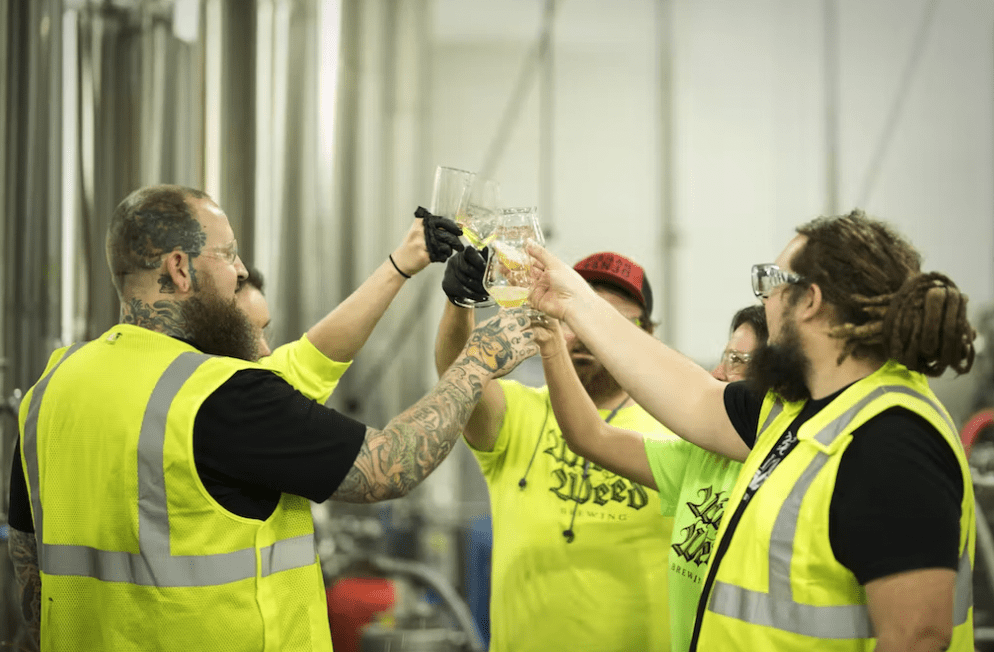
“Borne of our dedication and love for beer, food, and Asheville, Wicked Weed Brewing’s company mission is to create and sell the highest quality craft beer and food at a great value while educating our patrons about our product,” the brewery’s mission statement reads.
Company leadership eyed even further water and energy conservation. The 2022 figures have yet to be published. It adds to the anticipation of Wicked Weed’s green goals for 2023.
Being part of Anheuser-Busch has helped the brewery reach its ambitious sustainability goals. According to the report, the beverage conglomerate offsets 100% of the electricity used in brewing, packaging, and shipping. By using renewable energy projects to do this, Wicked Weed keeps its carbon emission rate low.
Recycling has been one area where Wicked Weed has thrived. Working with How2Recycle, a leader in standardized recycling labeling, a more transparent message circulates to customers.
The brewery placed a new How2Recycle label on the Dr. Dank Daily Haze beer — the first can to display one. The rest of the company’s beer lines will carry them going forward.
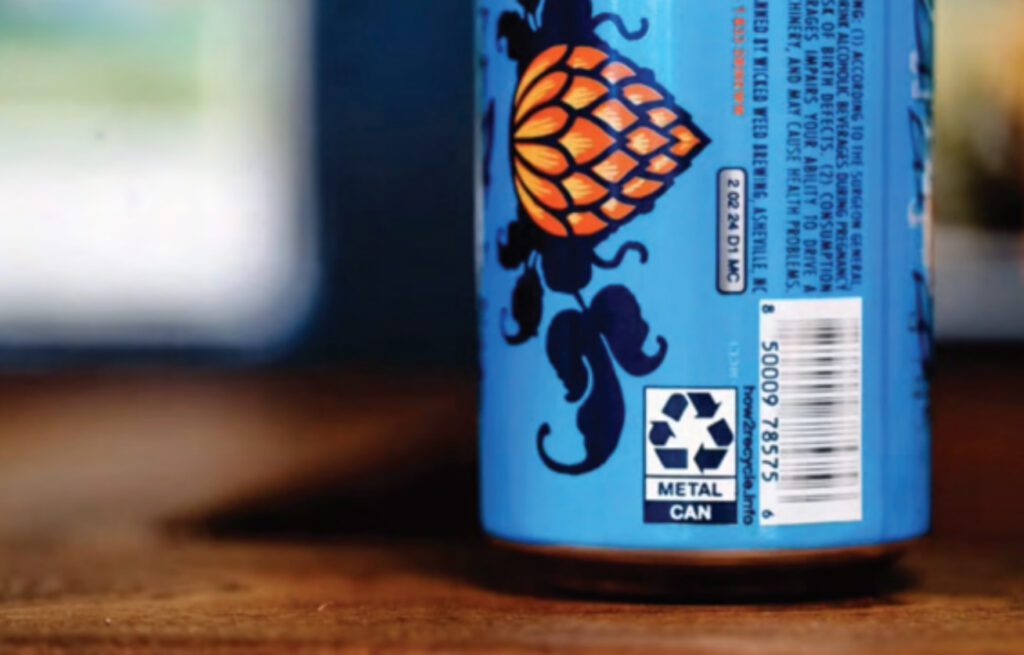
“Wicked Weed is committed to transparency and improving the recyclability of our products. By using How2Recycle’s review process and standardized labels, we are able to communicate our efforts and ensure we are using packaging that is recyclable,” said Andrew Dagnan, director of safety and sustainability at Wicked Weed, in a press release.
It makes sense the brewery is raising awareness about recycling. In 2021, it recycled more than 362,000 pounds of material. Tack on 31,000 pounds of material composted, they have stayed true to the sustainability mission. Initiatives like using standardized recycling labels will help divert more waste from landfills.
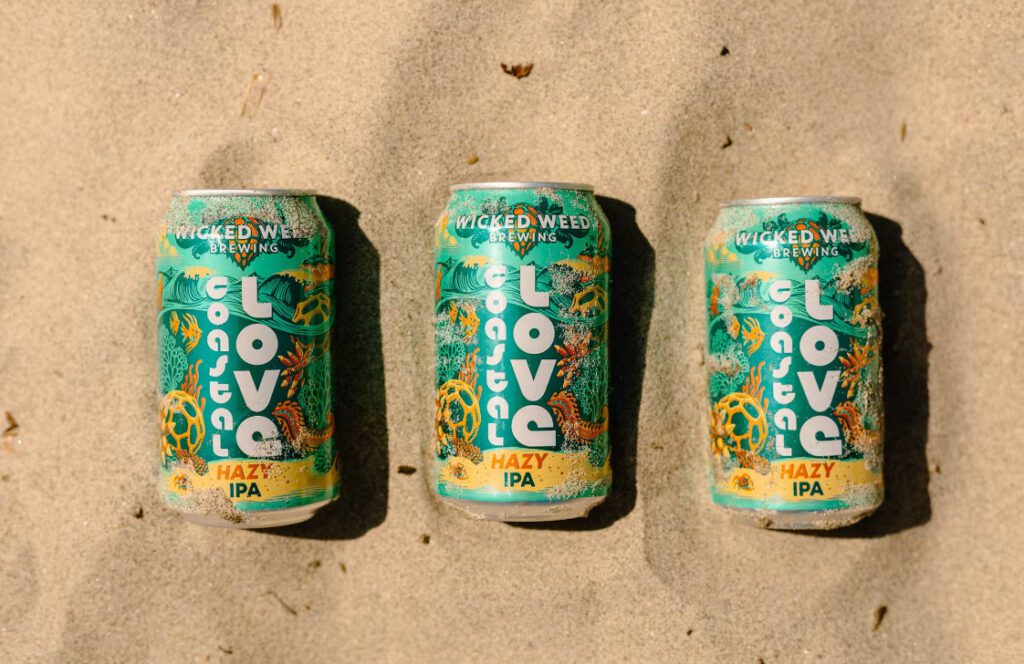
Wicked Weed’s philanthropy has made an impact alongside sustainable business practices. The brewery’s Beers that Build campaign is a monthly series of beer releases at the company’s brewpub that benefit different causes. A dollar for each pour goes toward natural disaster relief and the reforestation of Appalachia.
The sustainability report says $44,000 was given from Coastal Love Hazy IPA sales to date. Meanwhile, the sales from Appalachia Session IPA contributed around $30,000 in 2021 to the Southern Appalachian Highlands Conservancy (SAHC).
The work with SAHC has been fruitful. In collaboration with the forest conservation organization, the brewery launched the Session IPA in 2018. Around $81,000 in total donations have been raised across the first three years of the deal.
In 2021, Wicked Weed helped protect 150 acres of trees that will be added in Roan Mountain State Park, 448 future acres in Chestnut Mountain Park, and 456 acres “to protect connected land” in the Yellow Mountain State Natural Area. It’s a testament to the company’s commitment to minimizing the business’s environmental impact.
“In an industry that heavily depends on the use of natural resources, we want to double down on our sustainability efforts and set meaningful metrics to improve our footprint every year over year,” said Ryan Guthy, co-founder and president. Wicked Weed is sticking by its eco-friendly methods and charity drives, creating an example for other breweries looking to operate more sustainably.

